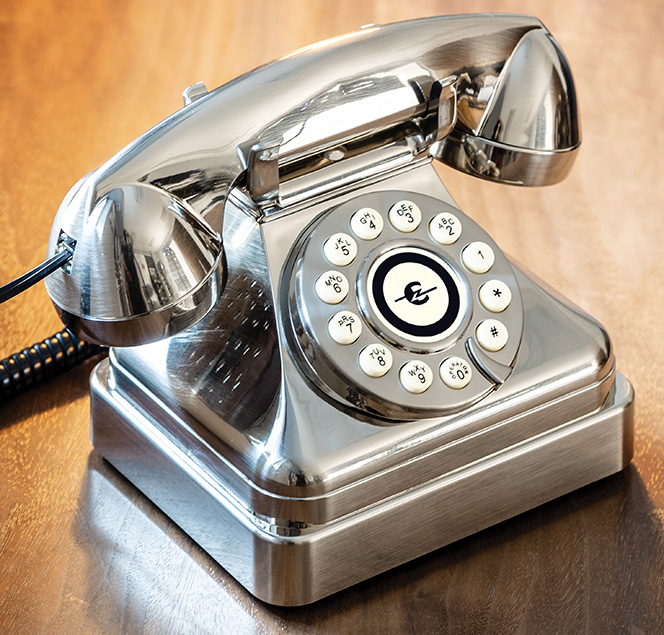While cell phones dominate communication, a surprising number of older Americans are returning to landline phones. Many cite frustrations with robocalls, battery drain, and unreliable mobile signal as key reasons.
Studies show that as of 2022, about 73% of U.S. households are wireless-only. But in regions like the Northeast, over 40% of adults particularly those over 60 maintain landline service.
Boomers appreciate the clarity, stability, and simplicity of corded phones. Unlike smartphones, landlines don't depend on software updates or apps, and they work during power outages making them ideal for emergencies.
According to MarketWatch, about 57% of older respondents still have a landline at home, far above the national average. For them, the return to landlines feels less nostalgic and more practical.
Some households keep both cell and landline service to ensure uninterrupted communication, especially with rising concerns over dropped calls or lost cell signals during storms or technical issues.
Telecom analysts predict that landline support may phase out by 2025 in certain regions, but many communities and senior-centric service providers still rely on traditional infrastructure meaning landlines will linger longer in some demographics.
For Boomers, the landline represents control: fewer distractions, less spam, and the peace of mind that comes with a stable, familiar technology in a tech-heavy world.

